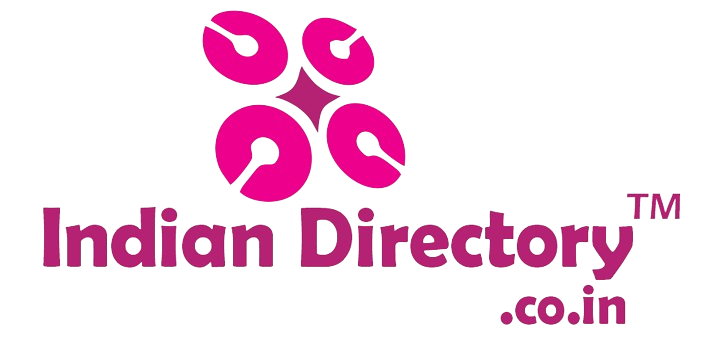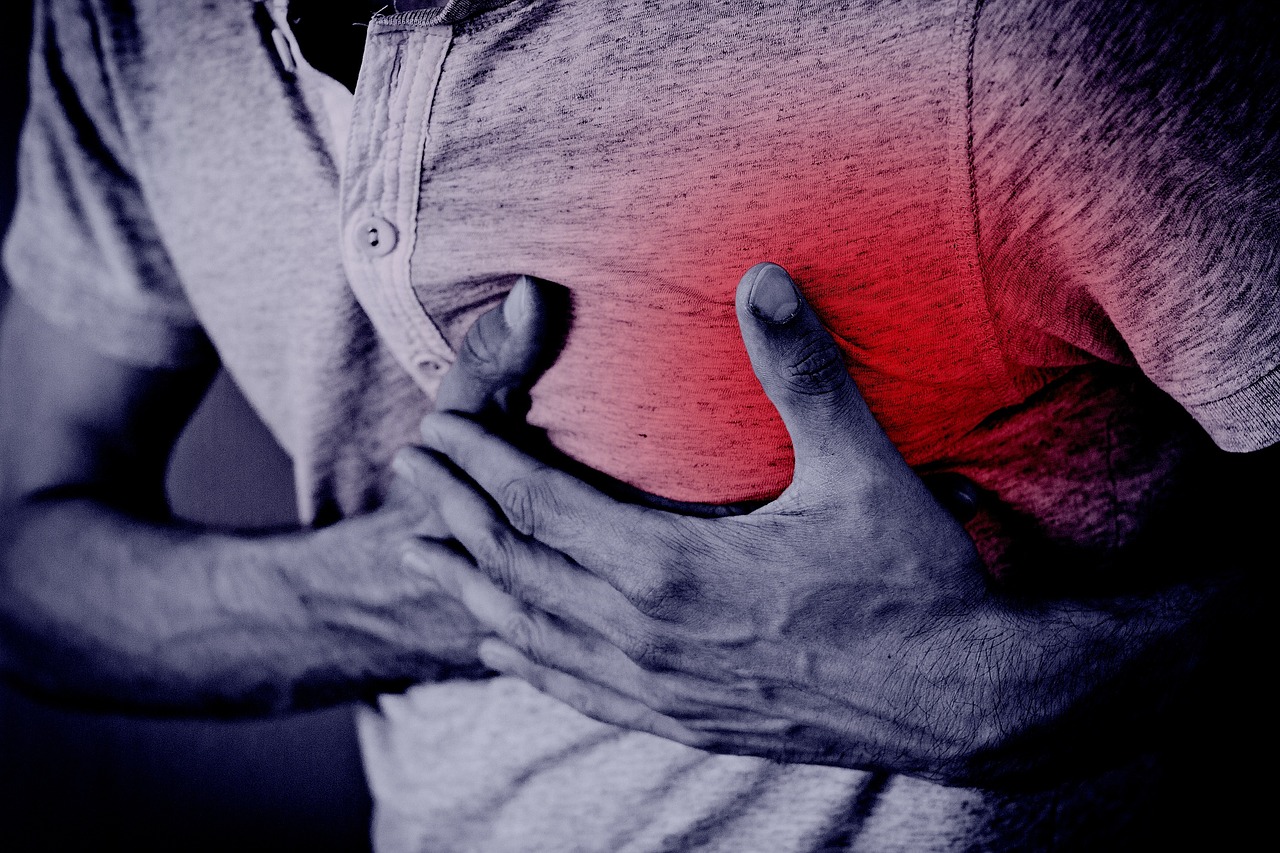
What is Heart Attack?
Fatty or blood accumulation in the coronary arteries occurs when the blood flow is completely blocked and lasts for more than 20 to 30 minutes, then a heart attack occurs.
Again, if the blood or fat mass can be removed from the blood circulation path and cleaned, then the person can get his life back.
So it is easy to understand how important it is to bring the patient to the doctor if there is a possibility of a heart attack.
Causes of heart attack
Analyzing the causes of heart attacks, experts have identified three types of risk factors:
• Uncontrollable risk.
. Controllable but a major risk.
• Lifestyle risks.
• Uncontrollable risk or uncontrollable Rex factors.
In these cases, there is nothing people can do about heart disease and it is not possible to avoid heart disease even if you want to naturally.
Namely
Gender :
If the ratio of heart disease and heart attack is about equal in men and women over the age of 50. However, men are more likely to have heart attacks than women.
Age :
The risk of heart attack increases with age. Heredity—If a family history of heart attack occurs at age 50 or younger, a person with that ancestry has a higher chance of having a heart attack later in life.
Controllable Major Risks Controllable Major Risk Factors:
These risks are fully under the individual’s control.
If neglected, these risks become serious and eventually lead to a heart attack.
These are respectively:
1) Diabetes
2) Smoking
3) Hypertension
4) Tension and overwork
5) High cholesterol.
All the above factors can be easily controlled if the individual has the will. But half of the heart attack causes are controllable major risks falls under the factor.
Way of life or lifestyle:
A person becomes fat due to a lack of exercise, a lazy lifestyle, eating food with too much cholesterol, etc. Accumulation of unwanted fat in the body can lead to a heart attack.
An unbridled lifestyle also causes a heart attack. Besides, people who love competition, are ambitious, and have learned to run after the goal but have not learned to stop. People with an overly aggressive, bossy personality type are more likely to have a heart attack.
The workplace environment can also accelerate the chances of a heart attack. E.g.- Duties of a highly responsible position, always the risk of dealing in financial matters of a bank or any institution.
Risks of air traffic control, working in hazardous environments, and even driving in traffic jams or on crowded roads can lead to a heart attack.
Heart attack warning signs
Mild or severe pain in the middle of the chest, the pain can spread to the entire chest, left arm, back, neck, stomach, jaw, and even the right arm.
A short walk with little exertion, even with rest, does not relieve the pain.
Shortness of breath, nausea, dizziness and little or no sweat are all signs of a heart attack.
In many cases, the patient himself does not understand. In their case, the symptoms are slight sweating, shortness of breath, dizziness, drowsiness, etc. This type of heart attack is called a silent heart attack.
Similar heart attacks are seen in diabetic patients.
Difference between heart attack and heart failure
Heart attack and heart failure are not the same conditions. However, common people confuse the matter.
We often hear that so-and-so has died of heart failure.
This is undoubtedly a wrong statement because the patient does not die if there is a ventricle failure of the heart.
He died of a heart attack or congestive heart failure.
To eliminate this confusion, we need to know what is heart failure.
Heart failure is medically known as cardiac decompression.
Repeatedly working under great disturbances and obstacles, the heart muscles become tired and weak due to overwork and the heart cannot maintain its normal circulatory function.
Although the heart of the human body possesses amazing and incredible capabilities, it is no longer normal to maintain its normal function under adverse conditions for a long time.
Symptoms:
The tiredness of the person even with little work.
Swelling of the feet, ankles, or entire leg.
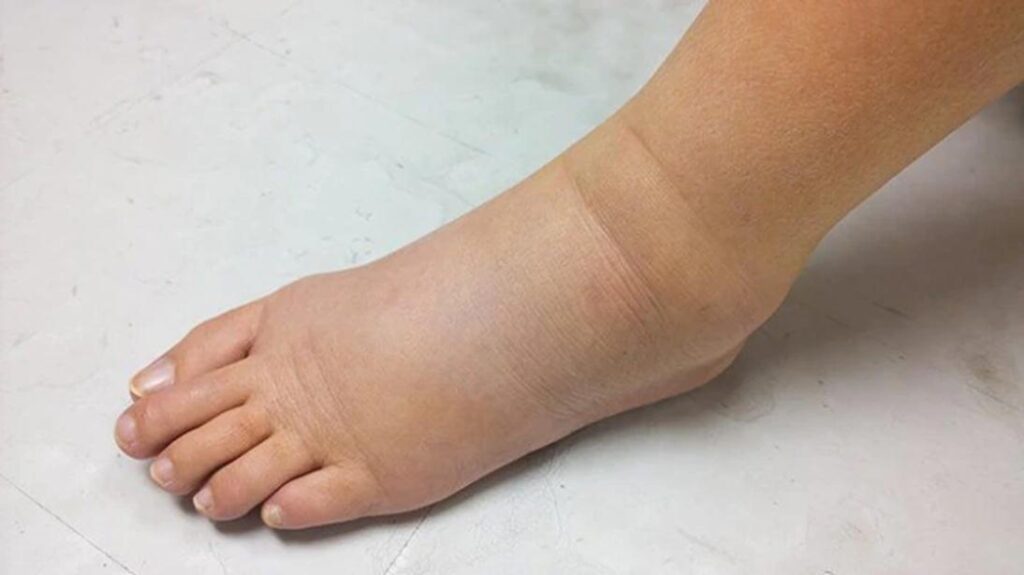
The swelling starts in the afternoon and the condition remains all night and next morning the swelling starts to decrease and as the day goes on the swelling does not remain.
• Less tiredness.
. Nails and lips are bluish.
• Excess of fluid throughout the body.
• Sensation of suffocation when sleeping.
. Abnormal pulsation of the jugular vein.
. The sensation of great suffocation at night.
. May cause mild to severe shortness of breath.
. When it seems, there is a lack of oxygen in the body. A little oxygen would be nice.
. Profuse sweating.
. Sudden dizziness may occur.
. Dizziness while walking on the road.
. A mild fainting attack.
. Irregular heartbeat.
Sudden chest p scribed above are by no means signs of a heart attack. So ‘heart failure or heart attack is never the same.
Simply put, when the heart cannot function normally, the heart muscle also becomes weak.
Our body cells normally need water, nutrients, etc of oxygen suffers from insufficiency. The person becomes generally weak. Good treatment is absolutely necessary.
So the transition from heart failure to congestive heart failure takes time and you can get well with the intervention of a doctor.
Heart attacks can also cause sudden death. At heart-failure that’s not likely.
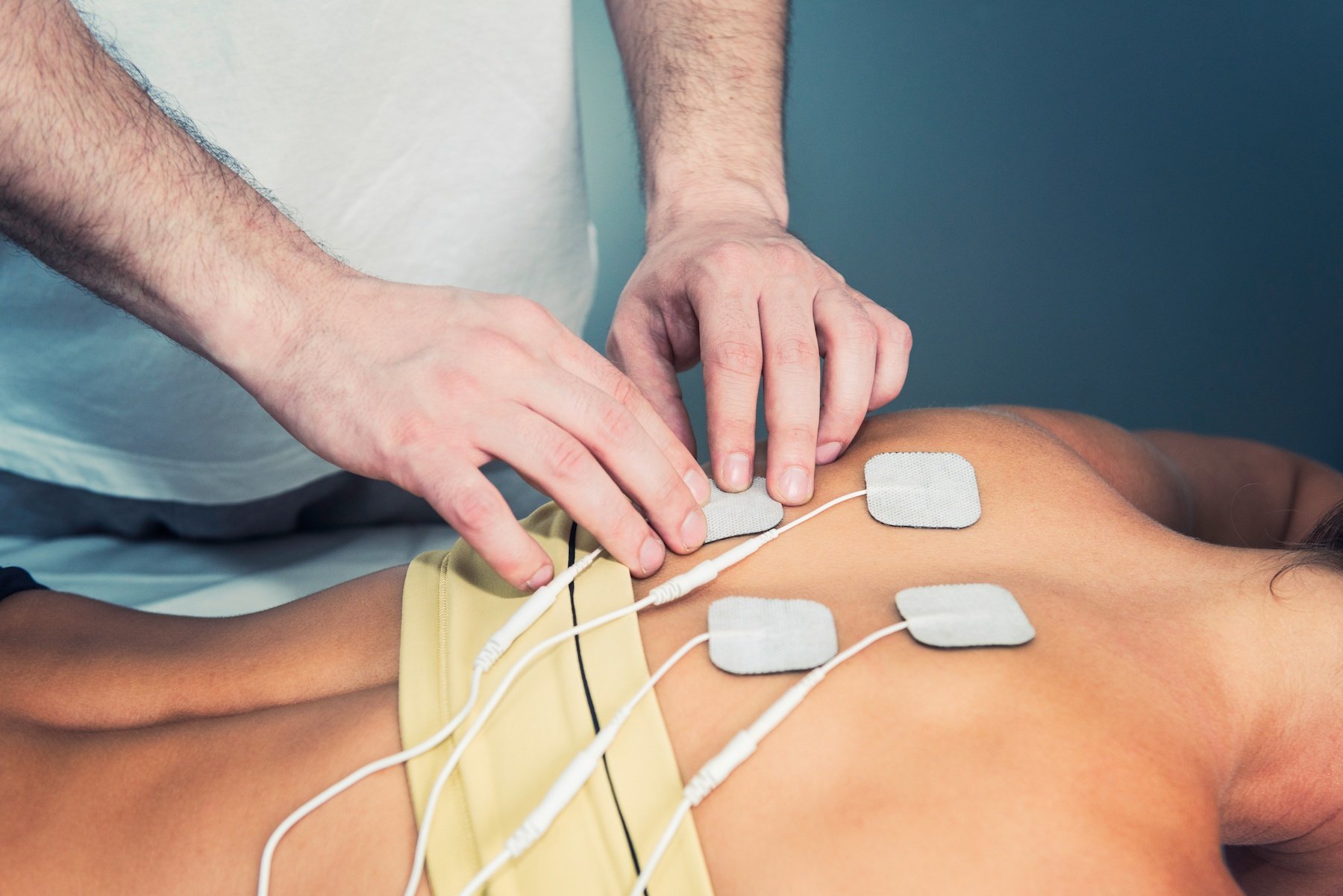
What is Physiotherapy ?
Physical therapy (PT), also known as physiotherapy, is one of the autonomous medical /health profession. The treatment of the disease, injury or deformity done by physical methods either manually (like mobilization, stretching, massage) or by different energies (like sound, light, current) rather than by drugs or surgery
Different treatment methods of physiotherapy:
Manual therapy:
Physiotherapists have professional training in hands-on physiotherapy techniques such as:
1. Joint mobilization techniques
2. Muscle stretching
3. Soft tissue massage techniques
Therapeutic exercise:
Therapeutic exercises are movements and physical activities designed to restore function and flexibility, improve strength and decrease pain.
Physical therapist incorporates therapeutic exercises (patients have to do) in treatment plan.
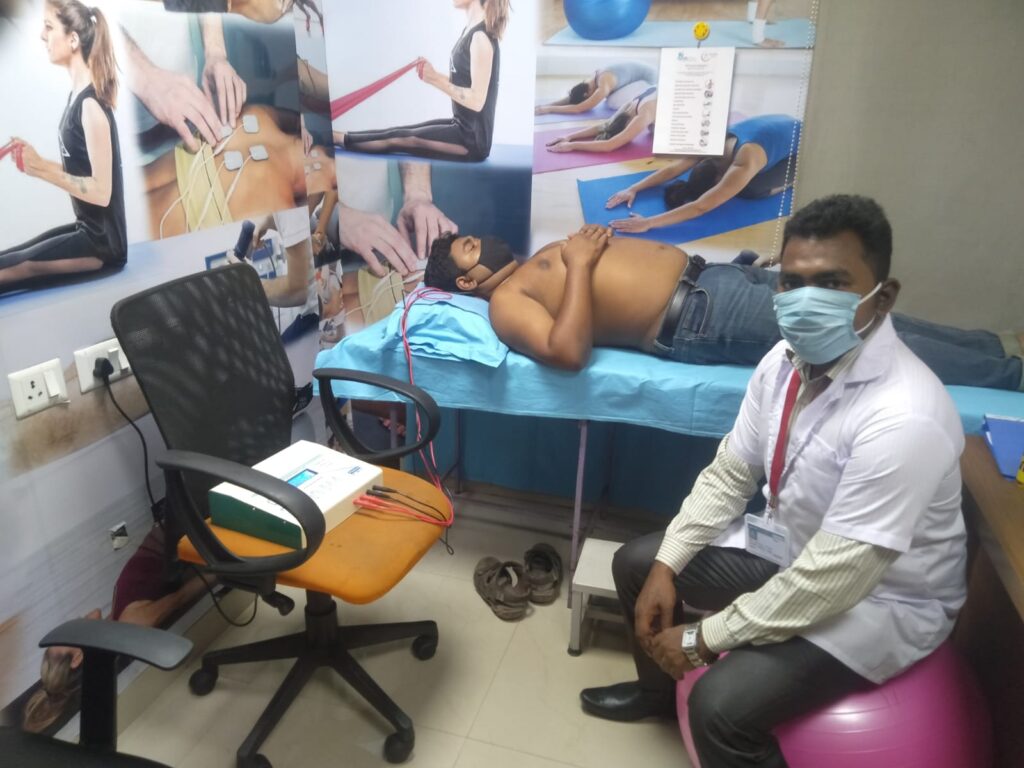
A. Electrical modalities: ( By using different energies like- Light, sound, heat, current, electromagnetic wave)
1. IFT (Interferential therapy)
2. TENS (Transcutaneous Electrical Nerve Stimulation)
3. EMS ( Electrical Muscle Stimulation )
4. UST ( Ultrasound Therapy )
5. SWD (Short Wave Diathermy)
6. L.E.SA.R Therapy
7. WAX Therapy
B. Non electrical and mechanical modalities: (by using- water, Air an others)
- ICE Pack/bag or therapy.
- Hydro therapy
- Pneumatic compression therapy
- Traction unit
- Taping therapy
- Dry Needling
20 Most common problem/Diseases treated by Physiotherapy:
1. Neck pain
2. Low back Pain
3. Knee pain (Osteoarthritis)
4. Knee ligament (sports) injuries
5. Post Total knee replacement (TKR)
6. Post Hip Replacement
7. Frozen shoulder
8. Tennis Elbow
9. PIVD (Slip disk)
10. Post fracture
11. Rheumatoid Arthritis
12. Non Articular Rheumatism
13. Sciatica
14. Parkinson’s disease
15. Bell’s palsy or Facial paralysis
16. Stroke (Paralysis)
17. Diabetic Neuropathy
18. COPD (Asthma & Bronchitis)
19. COVID Chest infection
20. Geriatric problem
About Author:
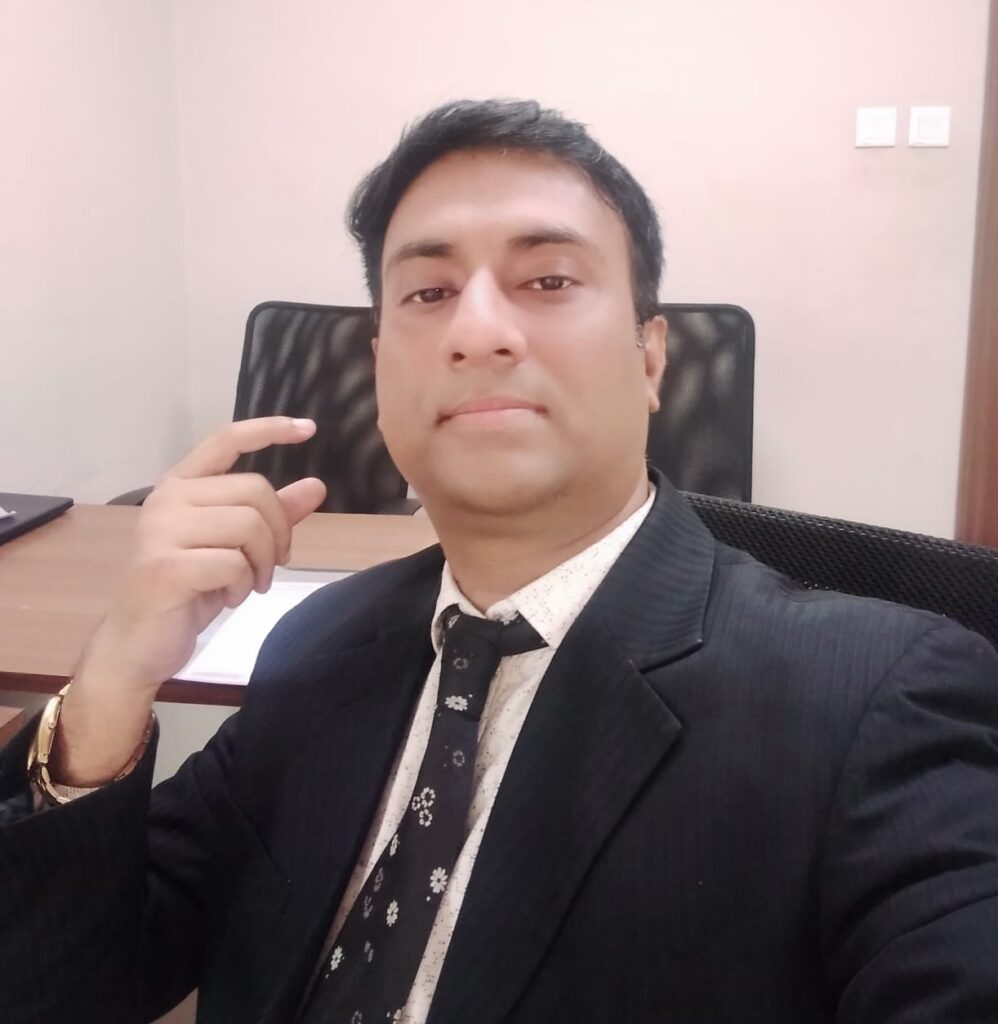
Dr AVIJIT MUKHERJEE (pt)
BPT (I.P.G.M.E & R; Kolkata), MIAP
Observer-ship (London, UK)
Work Experience (Malaysia)
Physiotherapy Consultant, Apollo Clinic Chinar Park.
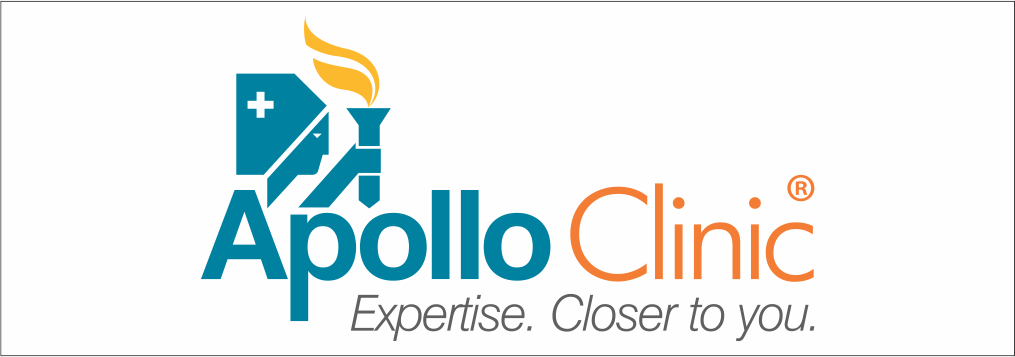
Apollo Clinic Chinar Park:
Signature Building, Unit No. A3., Nawapara Road, Kolkata -700157. (Between Chinar Park & City Centre 2)
Contact: 033-6626 3456/ 3425/ 3402 & Helpline No.: +91-8585074982,
E-mail id: chinarpark@apolloclinic.com
Clinic Timings: Monday to Saturday 8am to 8 pm & Sunday 8am to 2pm.
Apollo Clinic Chinar Park, Kolkata
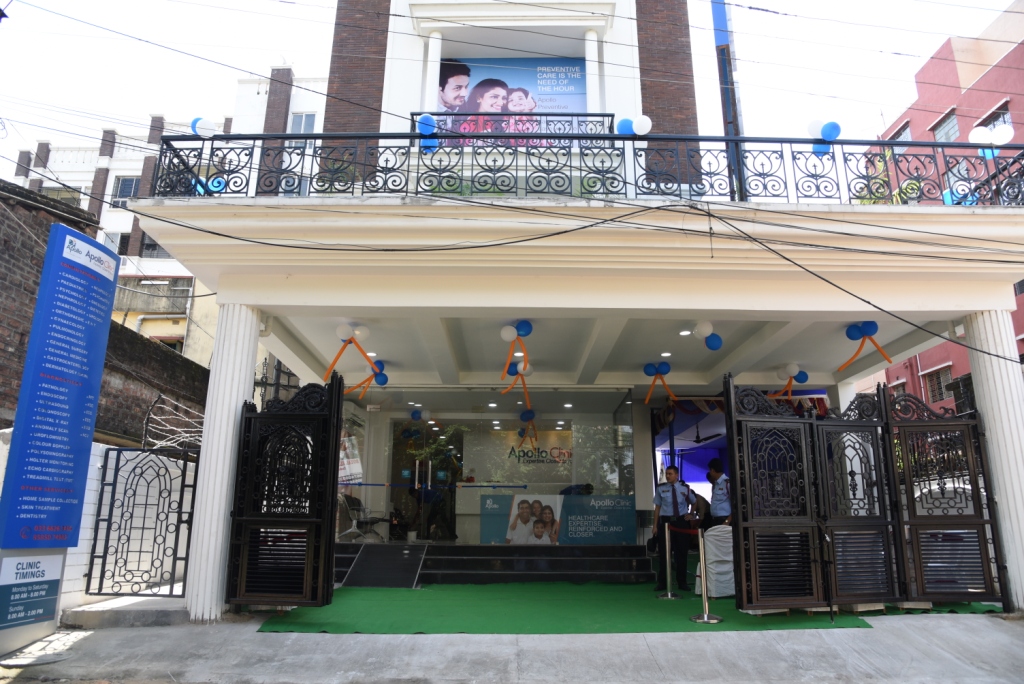
Apollo Clinic Chinar Park, Kolkata
For various reasons, diseases are increasing around us nowadays. Recently, we were battling an epidemic called “corona”. Even today, we are not completely free from this Corona epidemic. At present, it has become difficult for people to stay healthy in their daily lives. So if you want to stay healthy now, you need quality medical services and a well-qualified doctor’s advice. But now you have a question in your mind about where you can get such medical services in Kolkata. Now you can find such advanced infrastructure and skilled doctors at the Apollo Clinic in Chinar Park, on the northern edge of Kolkata.
Apollo Clinic Chinar Park is one of the leading medical clinics in Kolkata. All medical services are provided here at an affordable price. They offer a wide range of medical services that are not usually seen in any clinic. Let’s take a look at some of the facilities available in this clinic.
Facilities:
Doctor consultation: First of all, doctors from many reputed hospitals are associated with this clinic. You can consult with doctors from all departments as per your requirements. Here you will find all types of doctor consultations under one roof, including Cardiology, Endocrinology, Gastroenterology, General & Pediatric Surgery, Orthopedics, Pulmonology, Urology, Gynaecology & Obstetrics, ENT, Dermatology, Dentistry, and many more.
Pathology (Fully Automated): This clinic tests for various pathologies, including blood, saliva, stool, and urine. Here, all pathology tests are done by fully automatic machines with the latest technology. There are also arrangements to take all types of pathology samples for testing from patients’ homes.
Other Important Medical Investigations:
Radiology x-ray (Digital), Ultrasound, Dropper Study, Anomaly Scan,
Cardiology ECG / Echo- Cardiogram (ECHO)
Portable ECG / Colour Doppler / Treadmill Test ( TMT) / HOLTER / ABPM
Audiometry / Tympanometry / Bera etc.
Endoscopy and Colonoscopy
Pulmonary Function Test (PFT)
Uroflowmetry
IQ and Psychometry Tests
EEG, EMG, & NCV
Psychological Counselling
and many more services.

So those who have been thinking for so long about where to get good medical services in Kolkata should contact the Apollo Clinic Chinar Park today without delay. Detailed information on how to contact them is given below:
Apollo Clinic Chinar Park:
Signature Building, Unit No. A3.
Nawapara Road.
Kolkata -700157.
(Between Chinar Park & City Centre 2)
Contact Number: 033 6626 3456/ 3425/ 3402 & Helpline No. : +91 8585074982
E-mail id: chinarpark@apolloclinic.com
Clinic Timings: Monday to Saturday 8am to 8 pm and Sunday 8am to 2pm.
